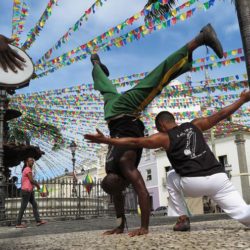
While capoeira’s identity has always had strong roots, it finds its public face constantly changing as the art form adapts to a fast-evolving modern world. Technology, media, and an ever-expanding profile present challenges to the traditions within capoeira and its conservatives, as phenomenons such as the UFC drive more interest to all martial arts—especially ones as visually-pleasing as capoeira.
A huge, upcoming challenge for both capoeira and Brazil is the 2016 Summer Olympics, taking place in Rio de Janeiro from August 5 to August 21.
As Vice Sports wrote in an article titled, Is There a Place for Capoeira in the Olympics?:
…with the Rio de Janeiro Olympics fast approaching, many capoeira devotees believe their sport deserves an even bigger audience—as a future Olympic event.The article features a few different perspectives on this notion:
Not every capoeirista is in favor of an Olympic event, however, and opinions can vary according to which form—Regional or Angola—they practice. “Capoeira Regional is closer to fighting, or sport. They’re more enthusiastic about capoeira being in the Olympics. The more traditionalist capoeiristas, who perform a purer type of capoeira, are against the idea. I’m not in favor,” said Celio Luis de Paula Gomes, a mestre at the Fundição Progresso cultural center in downtown Rio de Janeiro.Capoeiristas know that the art’s place in the lives of its practitioners is up to the individual, and its place in the world will always be point of controversy. Popularity brings money, legitimacy, and new life, yet the threat of dilution looms over capoeira, as it has with other cultural entities in the past. Wherever capoeira finds itself in the years to come, there’s no doubt its roots will live on in those willing to carry the torch.
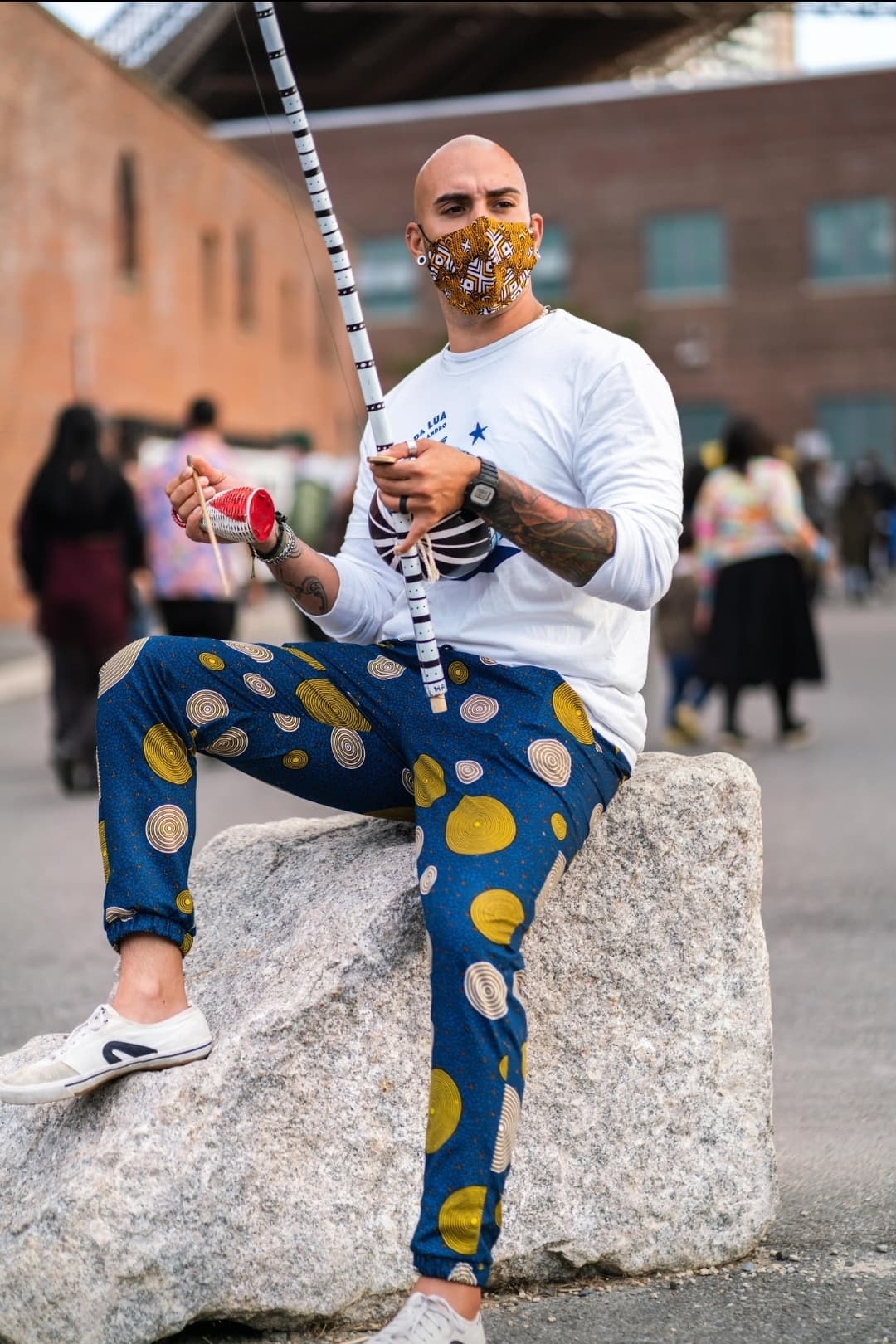
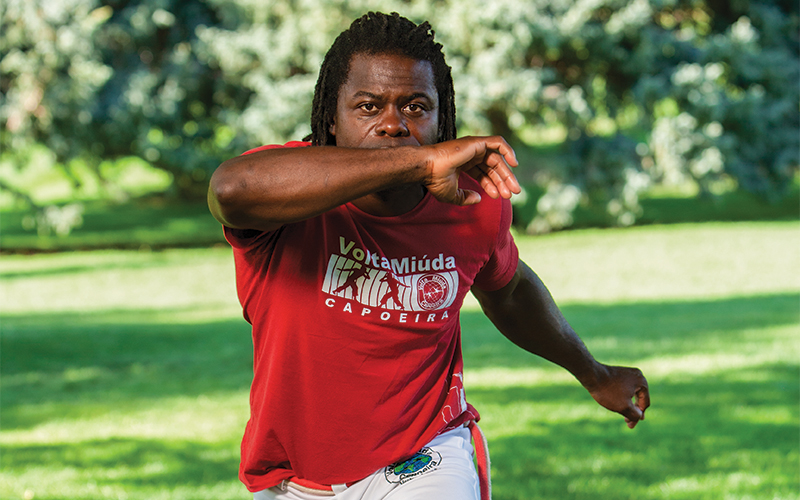
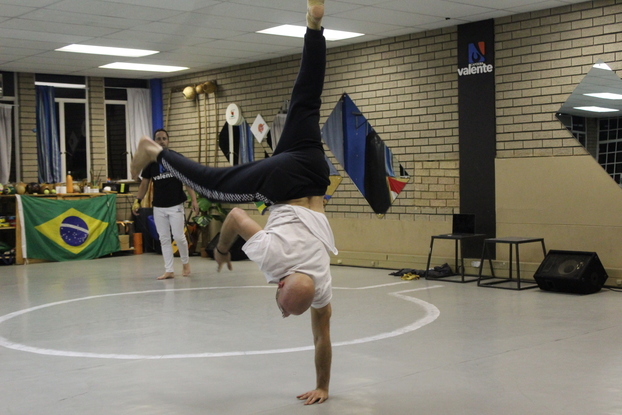
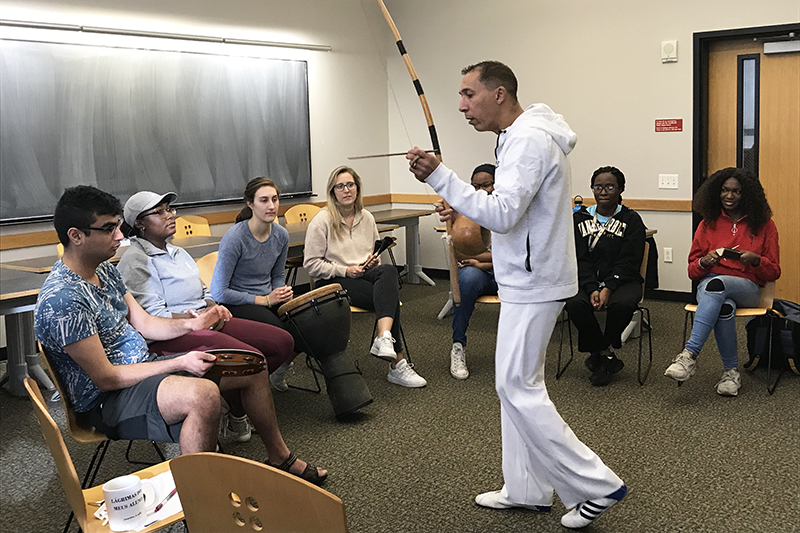
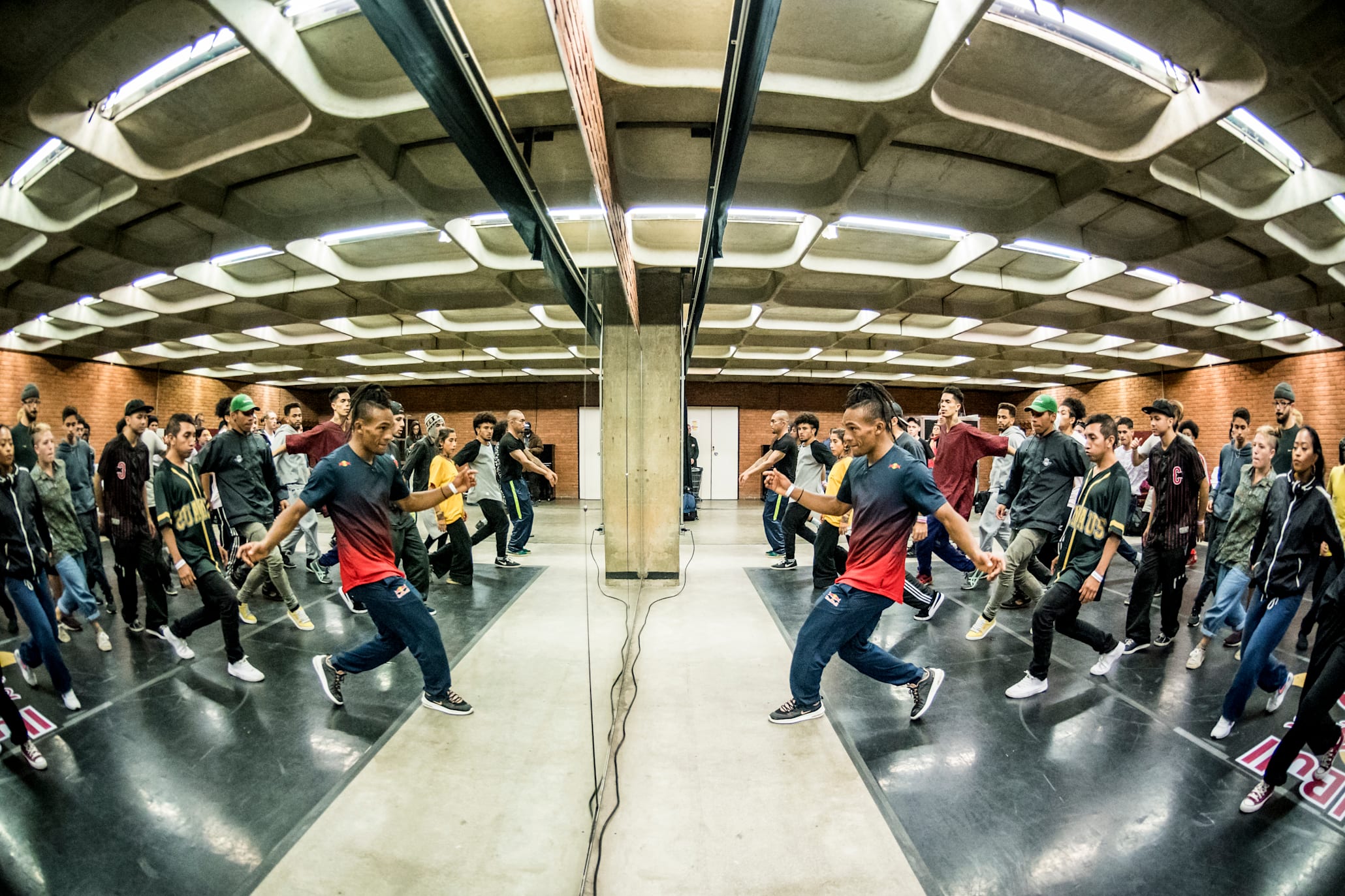

Share this post
Twitter
Google+
Facebook
Reddit
LinkedIn
StumbleUpon
Pinterest
Email